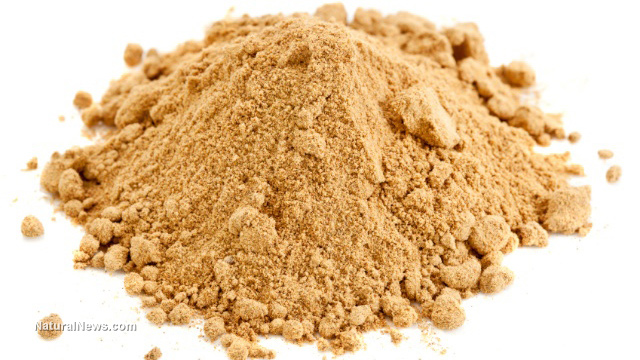Pea protein is one of the best all-round protein supplements
Protein supplements can be a great addition to a healthy diet. This is due to their ability to provide essential and branched-chain amino acids in a highly absorbable form. While there are many different protein sources only a few are of high quality. Pure pea protein is one of the best all-round protein supplements.
The most common protein sources used in commercial powders include soy, egg, whey, & wheat gluten. An intelligent consumer must be very suspicious of these. Soy and gluten containing proteins are highly allergenic and promote inflammatory reactions within the body(1, 2, 3).
The problem with animal protein sources:
Animal protein that comes from animals raised in conventional factory farms are extraordinarily
toxic. These animals are pumped full of dangerous hormones and anti-biotics while eating genetically modified, pesticide laden grains. This combination causes massive amounts of toxic bioaccumulation within the animal tissue and animal byproducts.
Animal protein sources can be fantastic when they are from sustainably raised animals. This would include grass-fed cattle and pasture-raised chickens. Non-denatured whey protein is a superfood with anti-oxidant benefits and branched chain amino acids (4). Pasture-raised egg protein has the best all-round ratios of the various amino acids.
Unfortunately, many individuals have food sensitivities to dairy (casein and whey protein) and egg (albumin) and are unable to use these protein sources. Other individuals have chosen a vegan lifestyle and by either personal choice or religious obligations are restricted from using any animal sources.
The benefits of pea protein:
Pea protein appears to be the most hypoallergenic of all protein powders and has a 98% absorption rate. Brown rice was shown to have high levels of the heavy metal tungsten in it. It is best to avoid this until we know more about the potential dangers of high tungsten (5).
Pea protein has also been shown to be very easy on the digestive system and the protein is fairly quickly assimilated into muscle tissue. This is important because slower digesting and assimilating proteins have a greater chance of producing gas and making one bloated. Most plant proteins have poor assimilation rates but pea and hemp proteins are the rare exceptions.
Pea protein is rich in branched chain amino acids:
Pea protein is a complete protein with all essential amino acids and is particularly high in branched chain amino acids as well as arginine, lysine and phenylalanine. It has a very well balanced essential amino acid profile that fits the requirements set by the World Health Organization for adults.
Branched chain amino acids (BCAA's) have been shown to keep the body in a state of muscle building all day long. This anabolic effect increases strength gains while helping the body to burn fat and improve lean body tissue.
The key BCAA's include leucine, valine and isoleucine. Pea protein is the best non-animal source of these powerful BCAA's and with its 98% absorbency rate it rivals whey protein for its effects on metabolism and lean body tissue.
Pea protein is rich in arginine and lysine:
Pea protein is one of the richest sources of the amino acid L-arginine. Arginine is a key precursor of nitric oxide (NO) which is responsible for healthy circulation. Arginine's role in the formation of NO has made it a key supplement for individuals looking to improve their cardiovascular health, athletic and sexual performance.
Pea protein is also a great source of the essential amino acid L-lysine. Lysine is the precursor of carnitine which is responsible for converting fatty acids into energy. It also plays an important role in the formation of collagen which is the building block of connective tissue regions such as bones, cartilage, skin and tendons.
Source: www.naturalnews.com/046958_pea_protein_amino_acids_hypoallergenic.html

